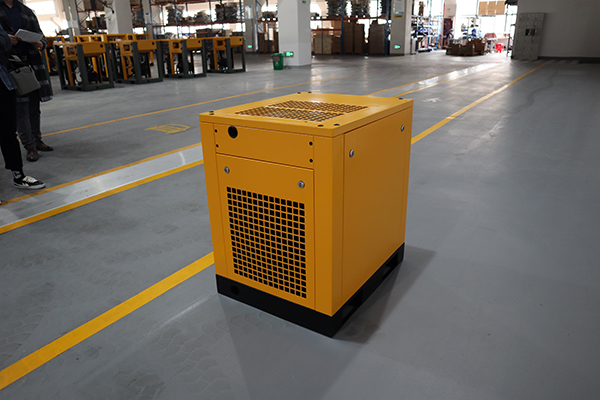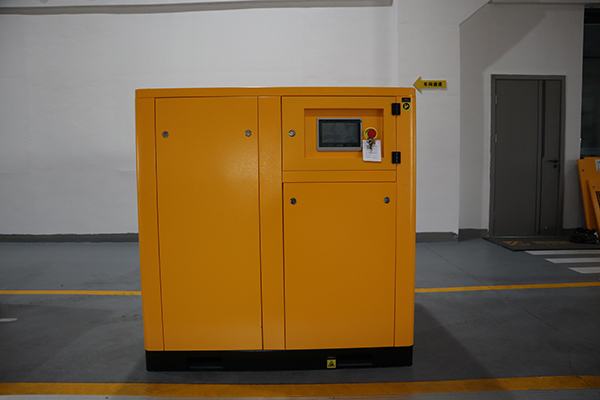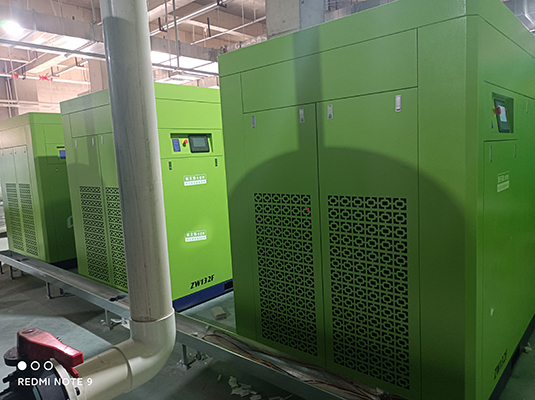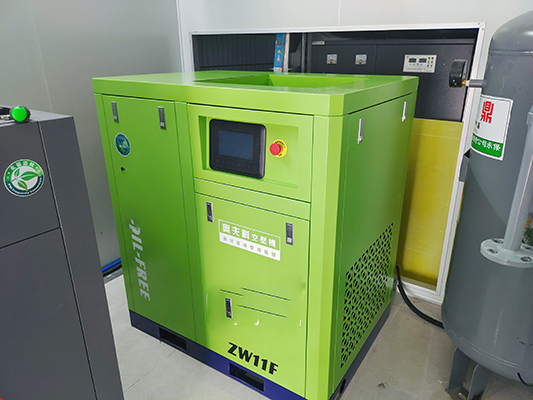Precision-Machined Variable Frequency Screw Air Compressors for Medical Equipment Applications
News 2025-10-31
Precision-machined variable frequency screw air compressors are essential components in medical equipment, offering reliable performance through advanced technology. These compressors use variable frequency drives to adjust air output precisely, ensuring consistent delivery in demanding environments. In medical applications, they provide clean, oil-free compressed air critical for patient safety and device functionality. The precision machining enhances durability, reducing the risk of contamination and operational failures, making them indispensable in high-stakes settings.

Applications in Medical Settings
These compressors serve diverse roles in healthcare facilities. In surgical suites, they power pneumatic instruments with stable air pressure, supporting procedures that demand sterility. For respiratory support systems like ventilators, they deliver controlled airflow to maintain patient breathing. In medical device production, such as for imaging equipment or prosthetics, they ensure contaminant-free air for assembly, upholding quality standards and regulatory compliance across hospitals and manufacturing plants.
Performance Advantages
Key strengths include superior energy efficiency from variable speed adjustments, which tailor output to real-time needs and cut consumption. This design minimizes waste while extending component life through reduced wear. In medical contexts, low noise and vibration levels prevent disruptions in sensitive areas, and robust construction ensures dependable operation with fewer interruptions, optimizing overall system reliability and cost-effectiveness.
Frequently Asked Questions
1. What makes variable frequency drives suitable for medical compressors?
They allow precise speed control, improving efficiency and adapting to varying air demands in medical equipment.
2. How do these compressors support medical device reliability?
By providing clean, consistent air supply, they reduce contamination risks and ensure equipment performs accurately during critical uses.
3. Why is precision machining important in this technology?
It achieves tight tolerances that enhance durability, minimize leaks, and maintain high performance over time in medical applications.


